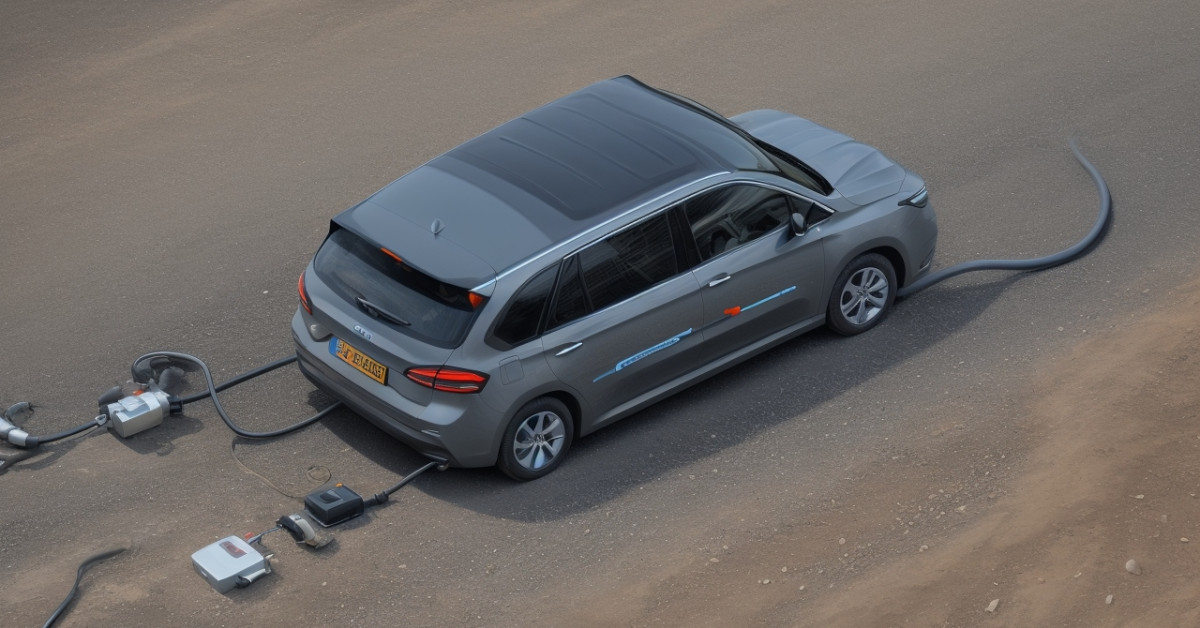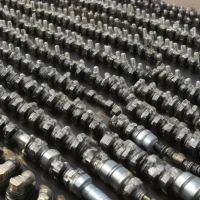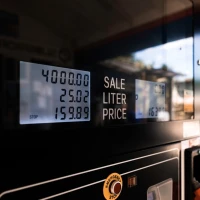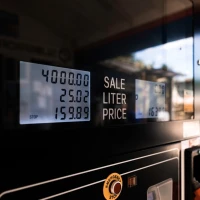What Happens If You Put Diesel In A Gas Car? Shocking Results Revealed! Ever wondered what kind of chaos ensues if diesel accidentally finds its way into a gasoline engine? Hold onto your seats as we unravel this automotive nightmare! From immediate engine failures to long-term damage repair costs that could drain your wallet, explore the jaw-dropping consequences that might make you think twice at the pump. Dive into the gritty details and discover the potentially catastrophic mistakes you absolutely need to avoid!
What Happens If You Put Diesel in a Gas Car?
If you’ve ever wondered, “What Happens If You Put Diesel in a Gas Car?” the results could be alarming. The primary issue arises from the fundamental differences in how gasoline and diesel engines operate. Gasoline engines rely on spark plugs for ignition, whereas diesel engines use compression. Introducing diesel into a gasoline system significantly disrupts this process. When you mistakenly put diesel in a gas car, the engine may struggle to start or might not run at all. If it does run, the performance will be severely hindered, and you could experience misfiring, excessive smoke, or even complete engine failure.
Diesel fuel is thicker and less volatile compared to gasoline, causing it to clog the fuel injectors and filters designed for gasoline. This can lead to long-term damage and costly repairs. In some cases, the fuel system may need extensive cleaning or outright replacement. The shocking results don’t stop there; continued attempts to start or run the engine can lead to more severe, irreversible damage.
So, What Happens If You Put Diesel in a Gas Car? At best, you’ll face immediate mechanical issues; at worst, you might be looking at a complete engine overhaul. Quick professional intervention to drain and flush the system is crucial in mitigating the damage.
What Happens If You Put Gas in a Diesel Vehicle?
Putting diesel in a gasoline car can cause serious mechanical issues, leading to expensive repairs. Initially, the car may run briefly or crank without starting. Diesel’s lack of volatility, compared to gasoline, causes improper combustion, leading to misfires and rough idling. Over time, the fuel injectors and combustion chamber can become damaged due to the incorrect fuel type.
If you mistakenly fill your gas car with diesel, it is crucial to stop driving immediately to avoid exacerbating the problem. Draining and thoroughly cleaning the fuel system are necessary steps to prevent long-term damage.
On the flip side, what happens if you put gas in a diesel vehicle? This can be equally disastrous. Gasoline’s higher volatility and different combustive properties can cause severe engine knocking, damage to fuel injectors, and potentially catastrophic engine failure, as diesel engines rely on the lubricative properties of diesel fuel.
In summary, using the wrong type of fuel, whether diesel in a gas car or gas in a diesel vehicle, poses significant mechanical risks and costly repercussions. Always double-check the fuel type before refueling to avoid these shocking results.
What Should You Do After Putting Diesel in a Gas-Powered Car?
Accidentally putting diesel in a gas-powered car can lead to alarming consequences. The engine of a gasoline car is designed to work with the explosion of gasoline, not the ignition temperatures and burn rates of diesel fuel. When diesel is introduced, it can cause improper combustion, leading to poor performance, excessive smoke, and potentially damaging parts like the spark plugs and fuel injectors.
So, what should you do after putting diesel in a gas-powered car? As soon as you realize the mistake, avoid turning on the engine. Starting the car can circulate the diesel further through the fuel system, escalating the damage. Tow the vehicle to a mechanic immediately to have the fuel tank drained and thoroughly cleaned. Often, the entire fuel system will need to be flushed, including the fuel lines and injectors.
In some cases, merely flushing the system may not be enough. If the car was driven with diesel in the tank, more extensive repairs might be required, such as replacing fuel pumps or other engine components. Timely action can minimize the damage and reduce repair costs, but ignoring the situation can lead to severe engine damage and costly repairs. Always double-check before fueling your car to avoid such mistakes.
Always Pay Attention
Putting diesel fuel into a gasoline-powered car can lead to a range of shocking and potentially expensive issues. One of the immediate effects is that the gasoline engine, designed to ignite fuel through spark plugs, will struggle to ignite diesel due to its different combustion properties. You may notice rough idling, hard starts, or the engine failing to start altogether. In some cases, the vehicle might emit excessive smoke, or the exhaust could become clogged. If driven for an extended period before realizing the mistake, the diesel may even damage the fuel system components, such as the fuel injectors or pump, necessitating costly repairs.
Always pay attention at the fuel pump; the small moment it takes to confirm the nozzle you’re using can save you from significant headaches and expenses down the line. Misfuelling is more common than you might think, especially when driving a rental car or borrowing someone else’s vehicle. To mitigate these risks, many modern vehicles are equipped with misfuelling prevention devices, but they’re not foolproof. Therefore, awareness and caution remain crucial. Always pay attention to the fuel type you’re about to use, and if an error occurs, avoid starting the engine and contact a professional immediately to minimize damage.
Used for sale near me
Accidentally putting diesel in a gas car can lead to shocking consequences that can damage your vehicle significantly. When diesel is introduced into a gasoline engine, it can result in improper combustion, as diesel fuel is less volatile than gasoline. This improper combustion can cause the engine to misfire and emit excessive smoke from the exhaust. Over time, the residue left by diesel fuel can clog the fuel injectors and filter, which disrupts the entire fuel system and can lead to costly repairs.
The severity of damage varies based on the amount of diesel that has been mixed with gasoline. A small amount might only affect performance temporarily, while a larger quantity could cause severe engine damage. This scenario can especially be problematic if you discover this after purchasing a used car. Always ensure that your used vehicle has been properly maintained and inspected by a trusted mechanic.
If you’re shopping for a used car, dealerships used for sale near me typically offer inspections and maintenance reports. These reports can reveal if the car has ever been misfueled or had fuel system issues. Ensuring the car’s history is crucial to avoid inheriting costly problems down the line. Always verify that the vehicle is suitable for its intended fuel type to prevent facing these unforeseen shocking results.









